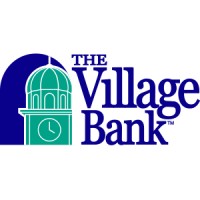Conservation Projects
Download the website sponsorship guide
Adopt-A-Field
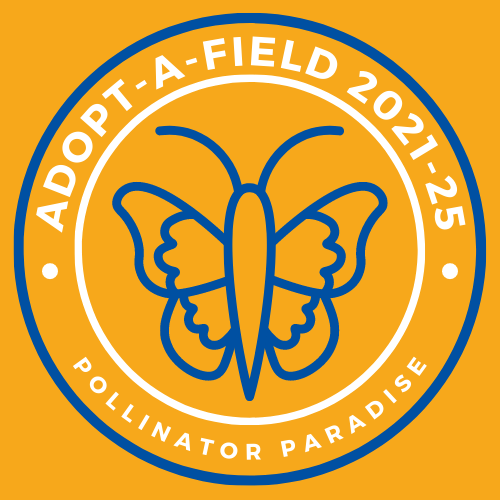
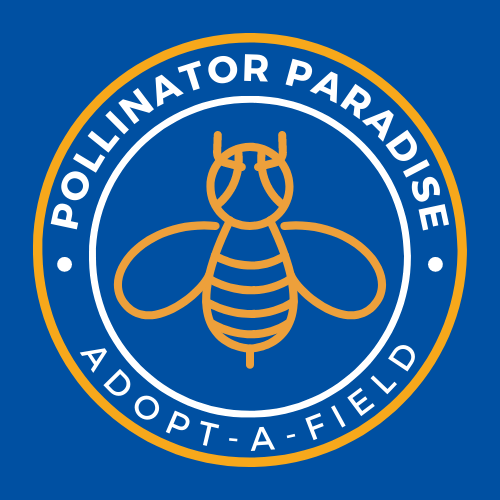 Adoption is challenging work. We have adopted the Sears Field in Weston and we are reclaiming it for the pollinating insects. All are invited to clear these invasive plants so that in year three of our five-year project we can begin to plant the plants that are good for the pollinators. Join us to work hard, release some energy on the invasive plants, have a good time, have good conversations, and have good refreshments. Navigate to 27 Crescent Street and park at the Melone Homestead (see map below).
Adoption is challenging work. We have adopted the Sears Field in Weston and we are reclaiming it for the pollinating insects. All are invited to clear these invasive plants so that in year three of our five-year project we can begin to plant the plants that are good for the pollinators. Join us to work hard, release some energy on the invasive plants, have a good time, have good conversations, and have good refreshments. Navigate to 27 Crescent Street and park at the Melone Homestead (see map below).
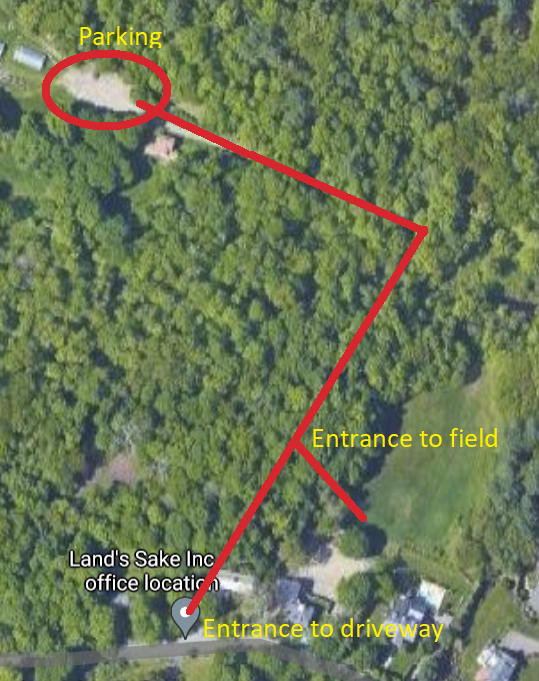
Renewed Plan for the Sears Field: Year Three – The First Planting Year
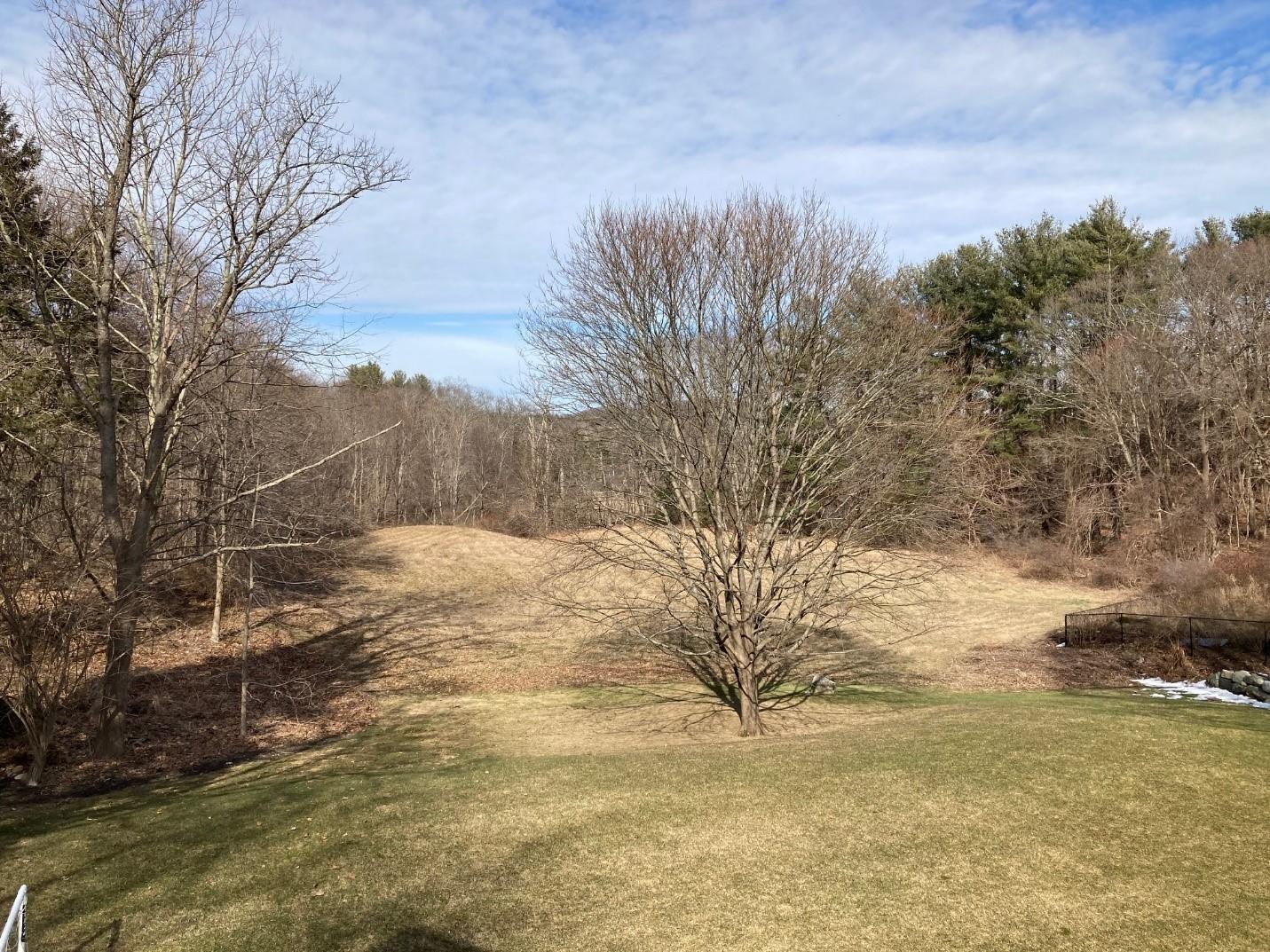
- Johnny’s Seeds
- Fedco in Clinton ME
- Garden in the Woods, Framingham MA (Native Plant Trust)
- Lincoln Land Conservation Trust might have a limited supply, but they sell to their members first.
- Let’s start a kickstart workshop within the Conservation Team meetings to get these islands going!
Conservation Team Fundraising
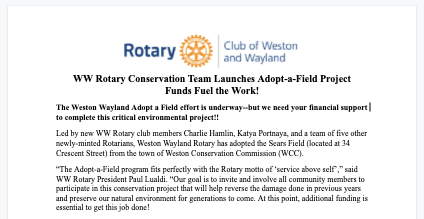 We're developing plans to launch a fundraising initiative to generate broad support from organizations and individuals to underwrite the direct expenses of reclaiming and rejuvenating the Sears Field to make it into a paradise for pollinators. If we're wonderfully successful, we'll realize the vision of a lush paradise that provides a platform for learning about the plants, animals, and insects that enliven and rely upon preserved open spaces. Click on the image above to see the current draft of our fundraising letter/case statement.
We're developing plans to launch a fundraising initiative to generate broad support from organizations and individuals to underwrite the direct expenses of reclaiming and rejuvenating the Sears Field to make it into a paradise for pollinators. If we're wonderfully successful, we'll realize the vision of a lush paradise that provides a platform for learning about the plants, animals, and insects that enliven and rely upon preserved open spaces. Click on the image above to see the current draft of our fundraising letter/case statement.
The Seedlings Project
At the start of his term, Ian Riseley, Rotary International President declared 2018 The Year of the Tree and challenged the 1.2 million worldwide membership of Rotary to plant a tree for each club member on Earth Day. The Weston-Wayland Rotary Club embraced this challenge and expanded the program to include distributing Green Giant Arbor Vitae to first graders in Weston.
The project was so well-received, and so much fun for our Club members, that we made it an annual activity for our club. In 2019 we expanded the distribution to all first graders in both Weston and Wayland. In 2020, when Covid disrupted the school year we canceled our distribution. However, in 2021, when schools were back we created a video and doubled our order to 800 seedlings so we could catch up and get seedlings to both first and second graders. In 2023, we will be back in the classrooms and will distribute 500 seedlings in our community which will bring our total distribution to 2400 seedlings since the program started.
Our plant of choice is the Green Giant Arbor Vitae. It was selected for its resistance to both insect pests and deer as well as its beautiful green color and fast growth. They can grow up to 50 feet tall and 20 feet wide and can live for up to 100 years. When a Green Giant Arborvitae seedling is planted in full sun it may grow about 1 foot per year for the first five years, then about 2 feet per year for the next 5 years, and after 10 years it will grow up to 3 feet per year!
In late April of each year Rotarians, friends of Rotary from middle and high school students, and business networking contacts gather to prepare the seedlings for school distribution for Earth Day. The seedlings are delivered to the Wayland elementary schools of Happy Hollow, Loker, and Claypit Hill as well as Weston elementary schools of Country and Woodland.
.png)













